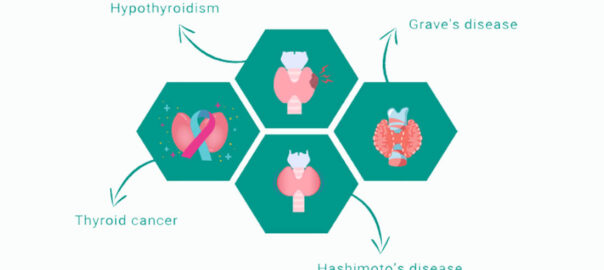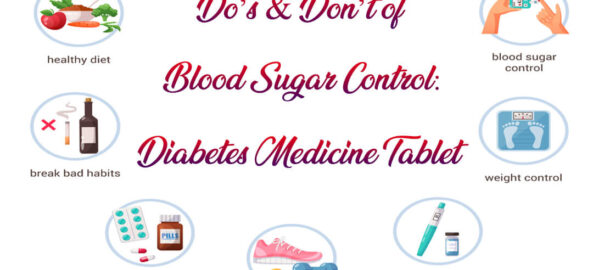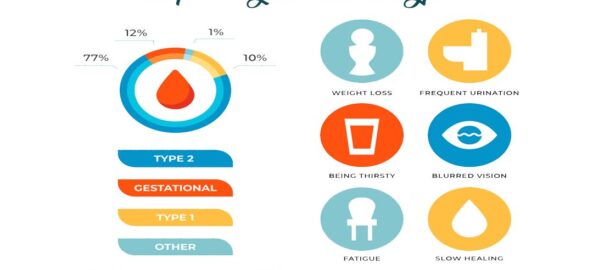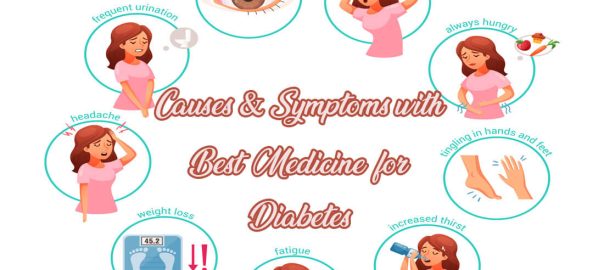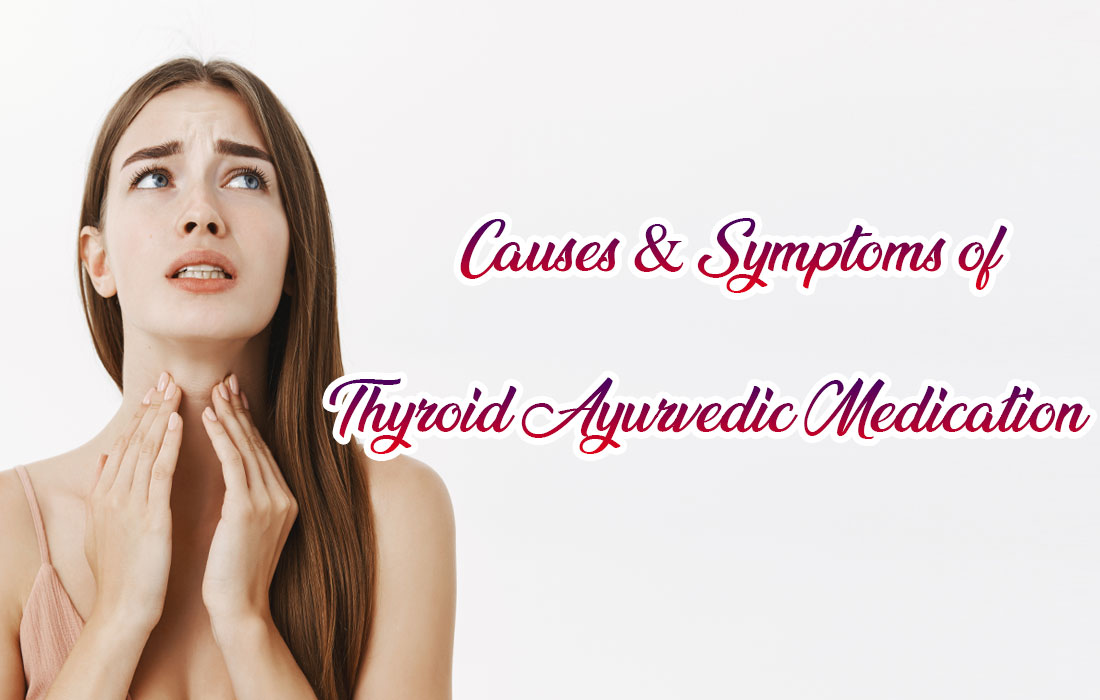
Are you feeling tired, depressed, and experiencing sudden weight changes? If yes, then it’s time to check your thyroid. The thyroid gland in our body plays a crucial role in regulating metabolism, energy, and mood. Unfortunately, thyroid dysfunction is a common issue that affects many people. The symptoms of thyroid problems can be subtle, and many individuals tend to ignore them, thinking they are just part of their busy lives. However, ignoring the warning signs of thyroid dysfunction can lead to severe health consequences. In this blog post, we’ll delve into the reasons behind thyroid dysfunction, its associated symptoms, and effective thyroid ayurvedic medication that you should never ignore. Read on to learn more about this essential topic!
Causes of Thyroid
The thyroid gland, found in the neck, plays a pivotal role in governing bodily functions via thyroid hormone production. Thyroid disorders can result from an overactive or underactive thyroid gland, leading to multiple symptoms and health issues. Here are the causes and symptoms of thyroid disorders:
Autoimmune Thyroid Diseases:
- Hashimoto’s Thyroiditis: Hypothyroidism typically arises from this prevalent cause. In Hashimoto’s, the body’s immune system mistakenly attacks the thyroid gland, damaging it over time. This autoimmune reaction gradually reduces the thyroid’s ability to produce hormones.
- Graves’ Disease: This autoimmune condition leads to hyperthyroidism. Graves’ disease involves the immune system generating thyroid-stimulating immunoglobulins (TSIs), which imitate thyroid-stimulating hormone (TSH), producing excessive thyroid hormone.
- Iodine Deficiency: Adequate iodine is necessary to produce thyroid hormones by the thyroid gland. In regions with insufficient dietary iodine intake, the thyroid may not have enough raw materials to produce hormones. It can lead to hypothyroidism and goitre (enlargement of the thyroid gland) as the gland tries to compensate for the lack of iodine.
Thyroid Nodules:
- Benign Nodules: Most thyroid nodules are noncancerous (benign). They can develop due to various factors, including inflammation, overgrowth of thyroid tissue, or cysts. While they often do not cause thyroid dysfunction, large nodules may compress nearby structures, leading to symptoms.
- Thyroid Cancer: While the precise origin of thyroid cancer remains uncertain, factors like radiation exposure, genetic mutations, and family history may elevate the likelihood.
Genetic Factors:
- Some thyroid disorders have a genetic component, meaning they run in families. For example, a genetic predisposition through family history can heighten the chances of developing Hashimoto’s or Graves’ disease.
Postpartum Thyroiditis:
- Some women may experience thyroid dysfunction after giving birth, known as postpartum thyroiditis. It can manifest as temporary hyperthyroidism followed by hypothyroidism.
Infections and Inflammation:
- Thyroiditis, or thyroid gland inflammation, can be caused by viral or bacterial infections, although this is relatively rare. This inflammation can disrupt thyroid hormone production temporarily.
Symptoms of Thyroid
Let’s delve into the symptoms of thyroid disorders for both hypothyroidism (underactive thyroid) and hyperthyroidism (overactive thyroid), as well as some symptoms associated with thyroid nodules and thyroid cancer:
Hypothyroidism (Underactive Thyroid):
- Fatigue and Weakness: Individuals with hypothyroidism often feel tired and lack energy.
- Weight Gain: Weight gain or challenges in shedding pounds may be attributed to a reduced metabolic rate.
- Cold Intolerance: Hypothyroidism can cause an increased sensitivity to cold, with a constant feeling of being cold even in warm environments.
- Dry Skin and Hair: Skin may become dry and rough, and hair can become brittle and thin.
- Constipation: Sluggish bowel movements and constipation are common symptoms.
- Muscle Aches and Joint Pain: Muscle and joint discomfort, often accompanied by stiffness, can be present.
- Depression: Hypothyroidism may lead to mood changes, including depression, irritability, and also difficulty concentrating.
- Memory Problems: Some individuals with hypothyroidism experience memory and cognitive issues.
- Slow Heart Rate: Bradycardia, or a slow heart rate, can occur, leading to a feeling of a slow pulse.
- Menstrual Irregularities: Women may experience irregular or heavy menstrual periods.
- Swelling: Swelling, particularly in the face and extremities (peripheral oedema), can occur.
Hyperthyroidism (Overactive Thyroid):
- Nervousness and Anxiety: Individuals with hyperthyroidism often feel jittery, anxious, and nervous.
- Irritability: Mood swings, irritability, and also emotional instability can be common.
- Rapid Heartbeat (Tachycardia): The heart rate is usually elevated, leading to palpitations and a racing pulse.
- Weight Loss: Individuals suffering from hyperthyroidism often shed pounds despite their heightened appetite.
- Sweating and Heat Intolerance: Excessive sweating, particularly in warm weather or during physical activity, is common.
- Tremors: Fine trembling of the hands or fingers can occur.
- Insomnia: Difficulty sleeping and insomnia are frequent complaints.
- Frequent Bowel Movements: Diarrhea and frequent stools are common due to increased metabolism.
- Enlarged Thyroid Gland (Goiter): In some cases, the thyroid gland may become enlarged and visible as a lump in the neck.
- Bulging Eyes (Exophthalmos): In Graves’ disease, hyperthyroidism can cause the eyes to protrude or appear unusually large.
Thyroid Nodules:
Typically, thyroid nodules go unnoticed without causing symptoms and are instead stumbled upon during routine physical examinations or diagnostic imaging studies.
Larger nodules may lead to:
- Neck discomfort or pain
- Swallowing difficulties if they press against the esophagus or windpipe
- Changes in the voice or hoarseness if they affect the vocal cords
Thyroid Cancer:
- A Lump or Nodule in the Neck: The most common sign of thyroid cancer is the discovery of a painless lump or nodule in the thyroid gland or neck area.
- Hoarseness or Voice Changes: Thyroid cancer has the potential to impact the vocal cords, resulting in alterations in voice tone or persistent hoarseness.
- Swollen Lymph Nodes in the Neck: Enlarged lymph nodes in the neck, especially on one side, can be a sign of thyroid cancer that has spread.
- Difficulty Swallowing or Breathing: Advanced thyroid cancer can cause difficulty swallowing (dysphagia) or breathing problems due to compression of nearby structures.
It’s essential to recognize that the presence and severity of these symptoms may differ widely among individuals with thyroid disorders. If you suspect you have a thyroid disorder or are experiencing any of these symptoms, seeking the best medication for hypothyroidism for proper treatment and management is essential. Thyroid disorders can often be effectively managed with appropriate medical care.
Conclusion
Thyroid disorders encompass many conditions that affect the thyroid gland’s function and can lead to various symptoms. Hypothyroidism, marked by a sluggish thyroid, commonly shows signs like tiredness, increased weight, and sensitivity to cold. In contrast, hyperthyroidism, an overactive thyroid, presents symptoms like anxiety, rapid heartbeat, and weight loss. Thyroid nodules and thyroid cancer may also cause specific symptoms, such as neck lumps, hoarseness, or difficulty swallowing. Early diagnosis and appropriate ayurvedic medicine for hyperthyroidism are crucial in addressing thyroid disorders effectively, as they can significantly impact an individual’s overall health. Medical care is typically effective in managing thyroid disorders, and early intervention can result in enhanced outcomes and a higher quality of life. Remember that your health is your ultimate wealth, so take proactive steps and give precedence to your overall well-being.

